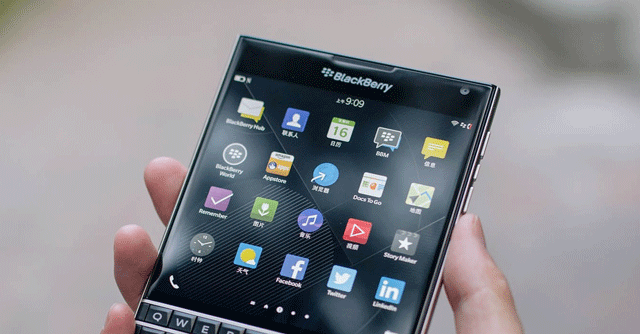
BlackBerry finally pulls the curtains down on smartphones


That BlackBerry as a smartphone brand has been essentially dead is hardly new. However, it has now officially come to its demise.
Earlier today, the Canadian company announced that from tomorrow; i.e January 4, BlackBerry devices running BlackBerry 10, BlackBerry OS 7.1 and BlackBerry Playbook OS 2.1 will stop “functioning reliably”.
In other words, this means that BlackBerry devices running on the company’s proprietary software platforms may no longer be able to connect to mobile networks for data, voice calls and messaging. This would happen as the company officially discontinues any form of support for its existing users across the globe.

For devices to be recognised by networks, the software that they run on need to be regularly validated by the makers.
Starting from tomorrow, this validation will no longer take place, meaning that any device running on any of the above-mentioned BlackBerry software may or may not be recognised by mobile networks.
BlackBerry was once one of the biggest mobile phone sellers around the world, known particularly for its business centric offerings. At its peak, BlackBerry was pegged to hold nearly 50 percent market share in USA, and 20 percent of the global mobile phone market back in 2009.

However, the advent of touchscreen centric mobile phones led to BlackBerry not adopting to the new wave fast enough. Its later efforts to adapt to the touchscreen space, with its own BlackBerry 10 and with Android, did not prove to be successful. BlackBerry also attempted to outsource the license of its brand name to third party manufacturers. In India, Optiemus Infracom had announced a tie-up to bring BlackBerry phones to the market.
Since all of its efforts to revive its hardware business failed, BlackBerry pivoted to offering enterprise-grade security and services to organisations around the world as its key business revenue. The company recently announced its financial results for the latest quarter, reporting $128 million in revenues from its cybersecurity business.
BlackBerry chief executive, John Chen, also stated that easing up of the automotive supply chain crisis will help the company in the coming quarters. The company offers QNX, an operating system platform for car infotainment systems to run on. BMW, Ford, Honda, Toyota and Volkswagen are some automakers that deploy BlackBerry’s services.

